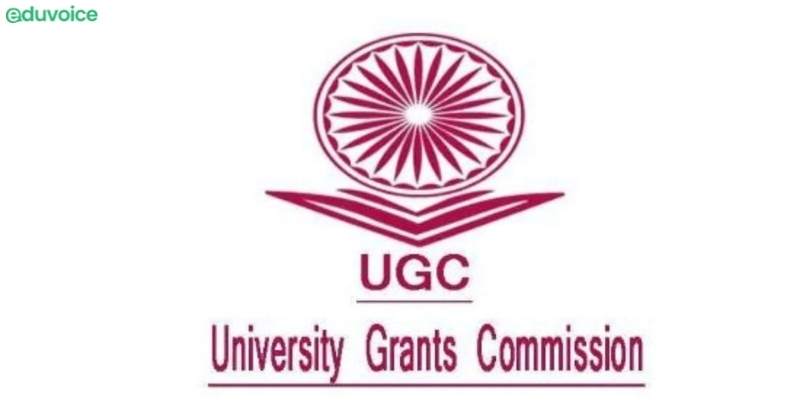Colleges and universities in India are set to turn multidisciplinary with the latest draft guidelines released by University Grants Commission, UGC for transforming Higher Education Institutions, HEIs. With this change, various departments will cover a wide range of subjects and help students better understand how different subjects of study correlate when it comes to real-life applications.
Step Taken by UGC Based on NEP 2020
The draft guidelines have been framed by UGC based on the National Education Policy 2020 recommendations which include the establishment of large multidisciplinary HEIs in or near every district by 2030.
The NEP also states that by 2035, all affiliated colleges should become degree-awarding multidisciplinary autonomous institutions. Such a step would allow colleges and universities to have a wide diversity of available subjects and also provide more online education opportunities.
The central government is working towards a more prevalent Online Distance Learning, ODL format of studies.
How this Move Will Help Students
The recent UGC guidelines for multidisciplinary higher education will help both students and colleges.
If a student has taken admission in one college to complete their first degree, they can carry out their second degree from a partnering institution without having to go through the admission process again.
Multidisciplinary HEIs may also seek collaboration if they want to add more programmes and expand. Integrated programmes will be able to give a combination of benefits from two degrees to students.
How will HEIs Become Multidisciplinary?
All UGC colleges will be turned into degree-awarding multidisciplinary autonomous institutions as per the UGC draft guidelines.
With this, colleges will have stronger infrastructure and new-age subject combinations for various courses.
UGC has formulated three approaches to turn HEIs into multidisciplinary institutions: academic collaboration between institutions, the merger of single-stream institutions with other multidisciplinary institutions, and strengthening of institutions by adding departments in subjects.
UGC said it in the draft: “A multidisciplinary institution should not only have different departments but also imaginative and flexible curricular structures to enable creative combinations of disciplines for study.”
Innovative programmes of a multi- and interdisciplinary nature help widen learners’ thinking and learning capability and train them to address emerging challenges. An approach to help students to follow their passion is, therefore, a key recommendation towards innovative and flexible education,
it added.
For More Such Articles, News Update, Events, and Many More Click Here






